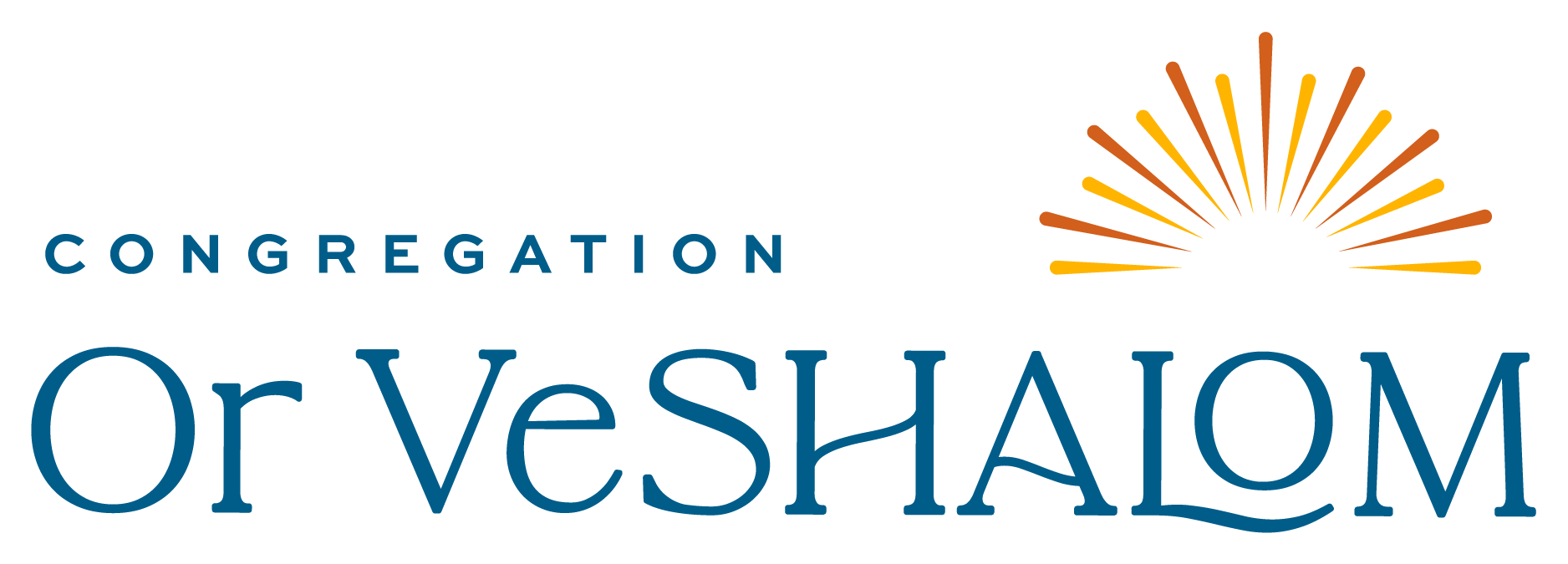In the year 586 BCE, the First Temple was destroyed, and the Israelites were put into their first exile. While Jews remained behind in the Land of Israel without the Temple, a large number found themselves in Babylon (modern day Iraq) and other places. It was at this time the Jewish people began to undergo many changes, including adopting Aramaic as our spoken language. In ancient times, wars were the norm and lands changed hands on a regular basis so it should not be amazing or odd that in 539 BCE the Babylonians were defeated by another empire, the Persians, and all of their lands and peoples became subjects of the expanded Persian Empire. This is how the Jewish people became subjects of the Persian King. This is the background to our story of פורים/Purim.
When the Jewish people first found themselves “under new management”, the person in charge became Cyrus the Great. His vision of his conquered people was autonomy and preservation of their practices. When he found himself in charge of the exiled Jewish community, along with the community that had remained behind in Israel, he liberated them and gave them permission to rebuild and restart their lives. While many Jews returned to Israel, many did not and that meant the Diaspora community began to grow and became an established community side by side with the Land of Israel. It was then we developed into two communities, which still exist today.
It’s not a secret that the nation of Iran is the descendent of the ancient Persian Empire. The language spoken there is Farsi (Persian) and their ethnic/cultural identity is called Persian as well. It wouldn’t be a stretch to say the story of פורים began then and continues even today. The Persian Jews enjoyed safety and security and were loyal to their nation for numerous generations, and many in exile today still long to return to their land in the future. That would have been the time of Cyrus, but it was also the time of Haman, that’s the other side of this complicated relationship. The greatest threat posed to Jews today stems from Iran and their many proxies. The מגילה/Megillah says it best in a few places:
“But he disdained to lay hands on Mordecai alone; having been told who Mordecai’s people were, Haman plotted to do away with all the Jews, Mordecai’s people, throughout the kingdom of Ahasuerus.
Haman then said to King Ahasuerus, ‘There is a certain people, scattered and dispersed among the other peoples in all the provinces of your realm, whose laws are different from those of any other people and who do not obey the king’s laws; and it is not in Your Majesty’s interest to tolerate them. If it please Your Majesty, let an edict be drawn for their destruction, and I will pay ten thousand talents of silver to the stewards for deposit in the royal treasury’”. (3:6, 8-9)
That day, Haman went out happy and lighthearted. But when Haman saw Mordecai in the palace gate, and Mordecai did not rise or even stir on his account, Haman was filled with rage at him. Nevertheless, Haman controlled himself and went home. He sent for his friends and his wife Zeresh, and Haman told them about his great wealth and his many sons, and all about how the king had promoted him and advanced him above the officials and the king’s courtiers. “What is more,” said Haman, “Queen Esther gave a feast, and besides the king she did not have anyone but me. And tomorrow too I am invited by her along with the king. Yet all this means nothing to me every time I see that Jew Mordecai sitting in the palace gate.” Then his wife Zeresh and all his friends said to him, “Let a stake be put up, fifty cubits high, and in the morning ask the king to have Mordecai impaled on it. Then you can go gaily with the king to the feast.” The proposal pleased Haman, and he had the stake put up. (5:9 – 14)
These two sections identify in clear language the continued obsession Haman had then, and the Mullahs of Iran have today. We are different… we do not bend to their will… We refuse to be defeated… We stand up for ourselves… Brokenness in them drives them to hate and seek to destroy. They cannot be built up from within and so they turn their lacking to destroy others.
I just returned from an incredible AIPAC conference in Washington DC. For three days I was able to learn about Israel and the Jewish world. For three days I was able to advocate for our people and our nation state. While we were there, it was impossible to ignore the current geopolitical realities of Iran and its stated goal of destroying Israel and wiping the Jewish people off the map. The war that began on October 7th should not be understood as the battle between Israel and Hamas or Gaza, but as the Iran Israel War. Every part of this war has been caused by the Mullahs in Iran and their inability to accept us. Hamas, Hezbollah, the Houthis, Assaad’s regime, the Shia militias in Iraq, Iran… all of it stems from Iran.
When we met with our representatives and our senators, we brought with us a request: stand with the Iranian people who are hungry to rid themselves of this oppressive regime and stand with us as we continue to fight against that regime hellbent on our destruction. Any negotiation must include zero nuclear program with no sunset clause. Any negotiation must end all Iranian support for their proxies around the world. Any negotiation must end any Iranian ballistic missile program. Any deal that does not address these three fundamentals must be rejected. As we learn from the פורים story, we will still be here after this is over. The Jewish People are eternal and are on the right side of history. As we learn from the פורים story, those who seek destruction will not succeed because the world will always recognize we’re here to build and create and not to tear the world apart.
חג שמח/Chag Sameach/Happy Purim
I am providing you with three videos from the conference to see. The first one is Yuval Raphael, Israel’s contestant for Eurovision, singing her song from this year’s contest. Yuval was a survivor of the Nova Festival, and she had never sung in public before auditioning. Her performance was stunning and pierced the heart.
The next two videos go together. Alon Ohel was abducted from the Nova Festival and was held for over two years before he was released on October 13. It was well known that he was an incredible piano player and his mother, Idit, placed a yellow piano in Hostage Square to build awareness of his plight hoping that he would one day play it. She was unrelenting in her advocacy for her son and all the hostages. She had an old picture of Alon dressed as superman and as such she connected with John Ondrasik, Five For Fighting, and got him to use his voice to advocate for Alon and all the hostages. One of Five For Fighting’s best-known songs is Superman. In these videos, you’ll see Idit, John and Alon and the power of the human spirit.
I look forward to talking more with you about the importance of staying engaged in advocacy through organizations like AIPAC.

